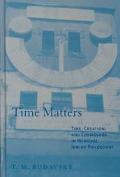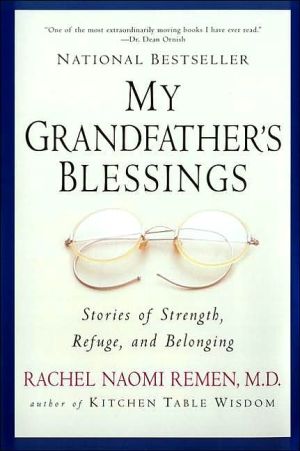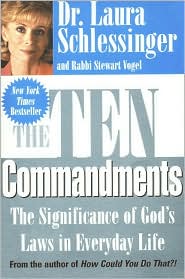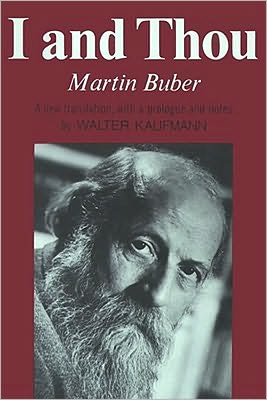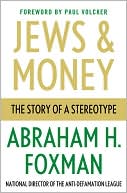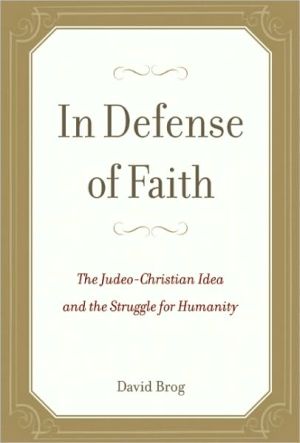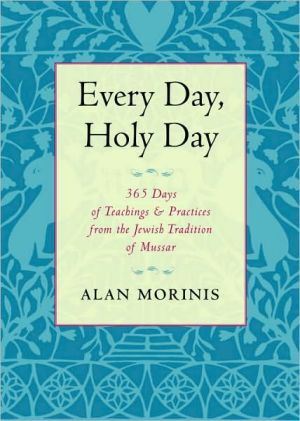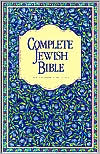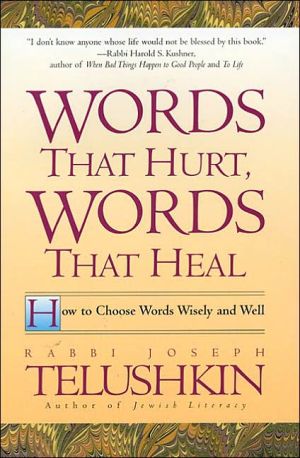Time Matters: Time, Creation, and Cosmology in Medieval Jewish Philosophy
Despite the importance of time and cosmology to Western thought, surprisingly little attention has been paid to these issues in histories of Jewish philosophy. Focusing on how medieval philosophers constructed a philosophical theology that was sensitive to religious constraints and yet also incorporated compelling elements of science and philosophy, T. M. Rudavsky traces the development of the concepts of time, cosmology, and creation in the writings of Ibn Gabirol, Maimonides, Gersonides,...
Search in google:
Despite the importance of time and cosmology to Western thought, surprisingly little attention has been paid to these issues in histories of Jewish philosophy. Focusing on how medieval philosophers constructed a philosophical theology that was sensitive to religious constraints and yet also incorporated compelling elements of science and philosophy, T. M. Rudavsky traces the development of the concepts of time, cosmology, and creation in the writings of Ibn Gabirol, Maimonides, Gersonides, Crescas, Spinoza, and others. Booknews Is time finite or infinite? Did God create the universe in time, or did God create time? Have Jewish thinkers contributed a uniquely "Jewish" perspective on time? As part of her research devoted to exploring medieval attempts to reconcile tensions between philosophy, science, and theology, Rudavsky (philosophy and Jewish studies, Ohio State U.) weighs such questions pondered by Jewish philosophers as well as by their medieval Christian and Muslim peers. With rabbinic and Greek models of time and creation, the initial chapters lay a foundation for later pre-modern thinking primarily by Maimomides, Ibn Daud, Gersonides, and Spinoza. The seven basic line illustrations exemplify confrontations with Zeno's paradox. Portions of several chapters have appeared in preliminary form as separate articles. Extensively referenced. Annotation c. Book News, Inc., Portland, OR (booknews.com)
List of IllustrationsAcknowledgmentsIntroductionCh. 1Time and Cosmology in Athens and Jerusalem1Ch. 2Time, Creation, and Cosmology23Ch. 3Time, Motion, and the Instant: Jewish Philosophers Confront Zeno59Ch. 4Temporality, Human Freedom, and Divine Omniscience95Ch. 5Prelude to Modernity149Conclusion: Eternity a Parte Post, Individuation and, Immortality175Notes189Bibliography249Index277
\ BooknewsIs time finite or infinite? Did God create the universe in time, or did God create time? Have Jewish thinkers contributed a uniquely "Jewish" perspective on time? As part of her research devoted to exploring medieval attempts to reconcile tensions between philosophy, science, and theology, Rudavsky (philosophy and Jewish studies, Ohio State U.) weighs such questions pondered by Jewish philosophers as well as by their medieval Christian and Muslim peers. With rabbinic and Greek models of time and creation, the initial chapters lay a foundation for later pre-modern thinking primarily by Maimomides, Ibn Daud, Gersonides, and Spinoza. The seven basic line illustrations exemplify confrontations with Zeno's paradox. Portions of several chapters have appeared in preliminary form as separate articles. Extensively referenced. Annotation c. Book News, Inc., Portland, OR (booknews.com)\ \
